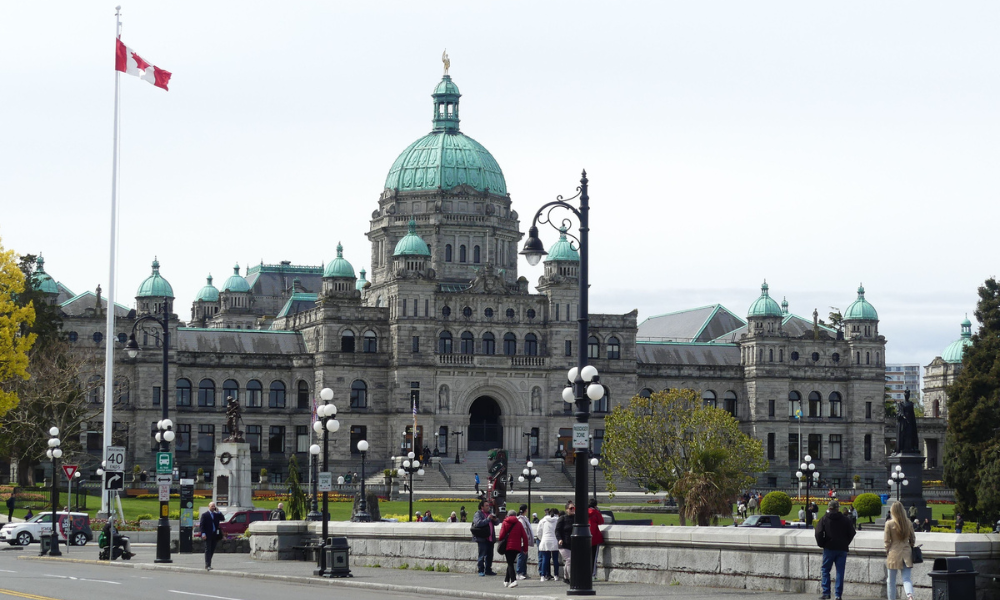
'Workmen' now 'workers' with gendered and binary language changes to correct and repeal language

Don’t call them “workmen” – call them “workers”.
British Columbia has introduced legislation that will remove outdated gendered and binary language in provincial laws relating to labour and post-secondary education, among others.
Under the Miscellaneous Statutes (Modernization) Amendment Act, 2023, the government will group together gendered and binary language changes as a streamlined way for B.C. to correct and repeal outdated language.
“Words have a powerful effect, whether written or spoken, and all British Columbians deserve to see themselves reflected in B.C.’s programs and services,” said Brenda Bailey, B.C.’s minister of jobs, economic development and innovation. “We know that outdated language across government can exclude thousands of people. That’s why we’re taking action to replace these words with diversity, equity and inclusion (DEI) at the top of our minds.”
Some changes to gendered words include amendments to ensure inclusive language acknowledging gender equity and diversity. “Chairman”, for example, has been changed to “chair”.
The legislation will amend more than 2,300 instances of outdated gendered and binary terms from 21 ministries across 210 provincial statutes. Since 2020, the government has also amended more than 1,400 instances of outdated gendered and binary language from provincial regulations.
When it comes to the top challenge for DEI initiatives, business leaders who “fail to take ownership for driving DEI outcomes” comes out on top, according to a previous report.
The legislation is crucial to treating people of all genders equitably, according to stakeholders.
“Trans and non-binary people, particularly youth, can be erased by laws that use only he and she,” says Adrienne Smith, litigation director at the Catherine White Holman Wellness Society trans legal clinic. “This change signals to those people that they are important, and that they are included and protected by the law.”
“The government of British Columbia has an obligation to serve all citizens respectfully and equitably.” adds Aaron Devor, founder and inaugural chair in transgender studies, University of Victoria. “Ensuring that government documents use language that recognizes and includes British Columbians of all genders brings us one step closer to that ideal.”
The legislation also changes things for the better, says Kelli Paddon, parliamentary secretary for gender equity.
“It’s crucial that everyone is and feels included within B.C. government’s services. This is another part of our work to create a stronger and more inclusive B.C., and this legislation is a big step toward making life better for all British Columbians.”
While 80 per cent of employers have introduced inclusive initiatives, a disturbingly high number of workers (42 per cent) still reported non-inclusive actions while on the job, according to a Deloitte survey released in July 2022.
Affected ministries
The Miscellaneous Statutes Amendment Act, 2023, includes changes from the following ministries: